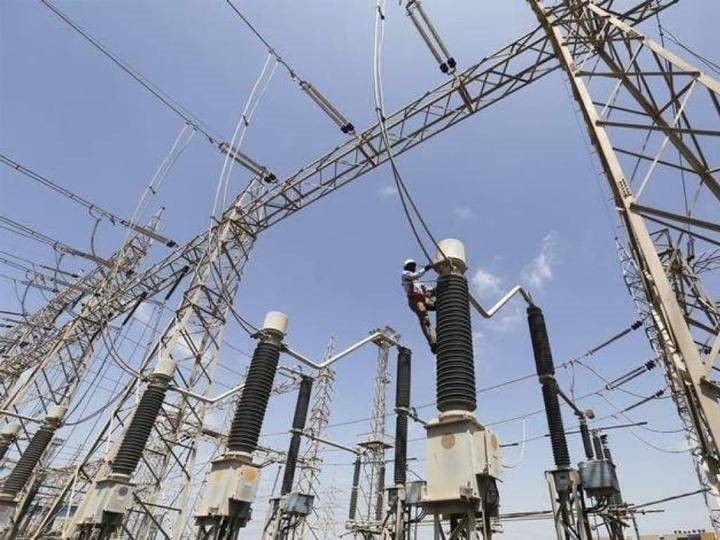The Chamber of Independent Power Producers and Bulk Consumers [CIPDiB] is asking government to factor the payment of almost USD$1.4 billion debt owed its members in the upcoming 2020 mid-year budget.
The CIPDiB is expecting that the budget would address how government intends to pay all the debts it owes the IPPs and stipulate a sustainable plan and mechanism in which the arrears would be cleared in case the bulk amount would not be paid at once.
A statement issued and signed by the Chief Executive Officer (CEO) of CIPDiB, Mr. Elikplim Kwablah Apetorgbor and copied to Goldstreet Business said, the government’s cumulative indebtedness to them is compelling them to contract costly loans to sustain their power generation and operations.
“This situation is grim and there is a real danger of IPPs shutting their plants if the situation is not resolved in the immediate term,” it added.
The statement advised the government to include measures to ensure that the shortfalls in the Electricity Company of Ghana’s (ECG) revenues are addressed as and when they occur, to ensure that IPPs and others who supply products or services to the ECG are paid on time.
It maintains that the IPPs cannot be responsible for government’s subsidies and other obligations.
In July last year, the IPPs in a warning to government, threatened to plunge the country into darkness if they were not paid the monies owed them by Electricity Company of Ghana or the erstwhile Power Distribution Services (PDS).

A statement issued to that effect, said members of the chamber were owed a whopping sum of US$1.5 billion by the ECG.
Few days after that caution, government, through the Energy Ministry and the EGC, released an amount of GHc200 million to pay part of the debt,
Speaking on the matter, the Chief Executive Officer of CIPDIB, Mr Elikplim Kwabla Apertorkpor said they were yet to receive further money from ECG.
The IPPs later described the part payment as, “nothing compared to their demand and the amount owed them.”
Currently, all the IPPs generate about 60 percent (about 2,600 MW) of the total generation in the country’s power sector.
They constantly describe the outstanding debt as an albatross, which puts Ghana’s energy sector under “serious threat”.











